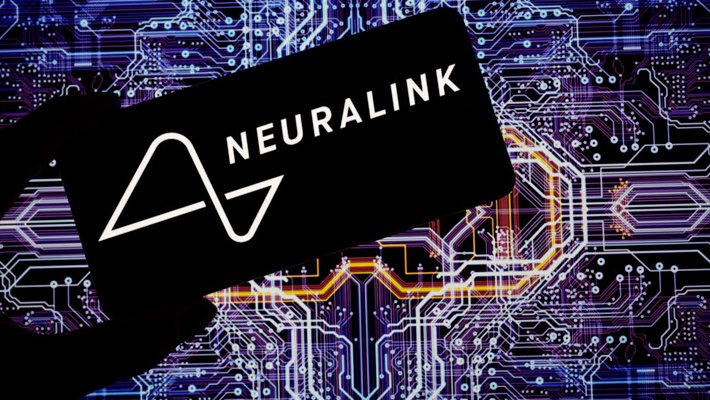
Why Neuralink’s Brain-Computer Interface Could Change Healthcare in 2025 🧠💡
Neuralink, Elon Musk’s ambitious neurotechnology company, is developing a brain-computer interface (BCI) that promises to transform healthcare. By directly linking the human brain to computers, it opens new possibilities for treating neurological diseases.
Advanced Neural Treatments 🧬
With Neuralink’s BCI, doctors could monitor and treat conditions like Parkinson’s, epilepsy, and paralysis more effectively, potentially restoring lost functions and improving patients’ quality of life.
Enhanced Communication and Accessibility 💬
The technology could enable people with speech or mobility impairments to communicate seamlessly using brain signals, breaking barriers in accessibility.
Integration with AI for Smarter Healthcare 🤖
Coupling Neuralink’s interface with AI systems allows for real-time analysis and personalized treatment plans, making healthcare more proactive and precise.
Ethical and Safety Considerations ⚖️
While promising, Neuralink raises ethical questions about privacy, security, and the long-term effects of brain implants that are still being studied.
As Neuralink progresses in 2025, it could redefine how we approach brain health and human-computer interaction, marking a new era in medical technology.





